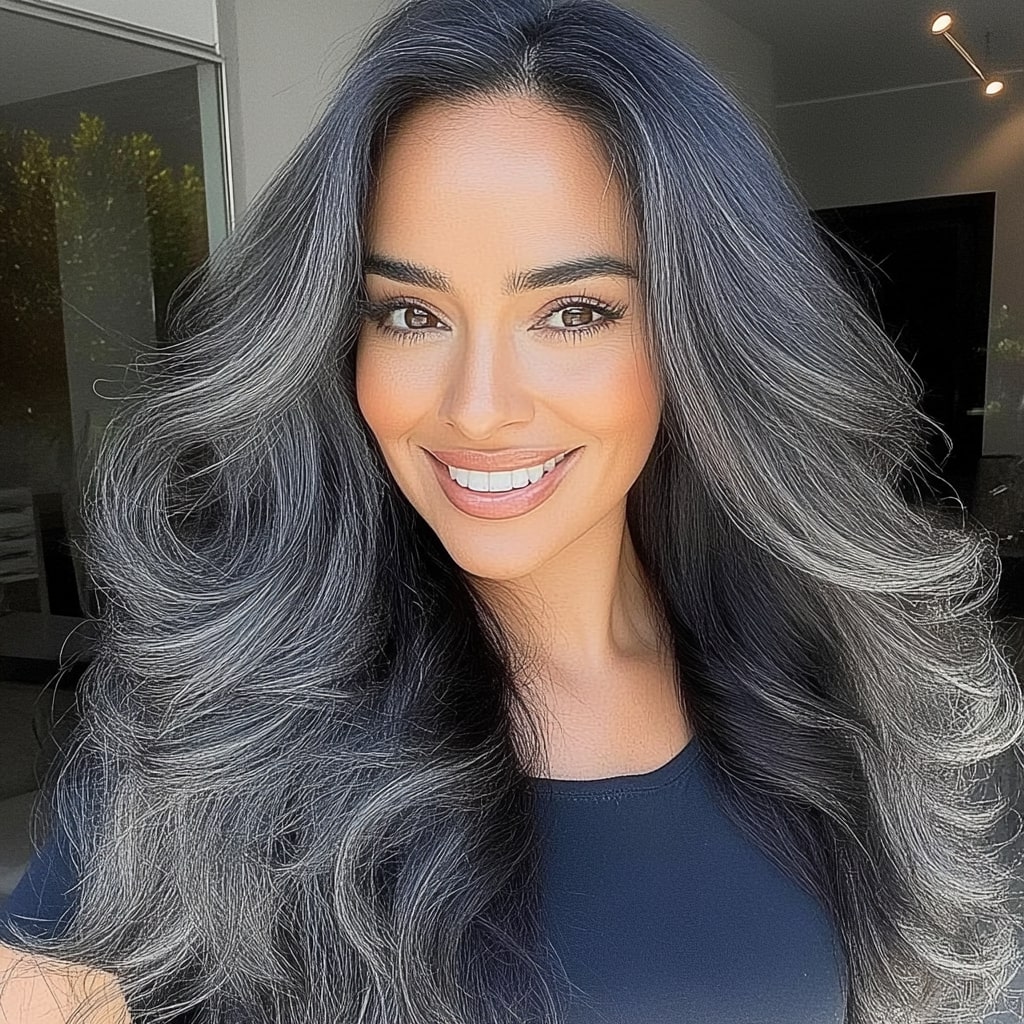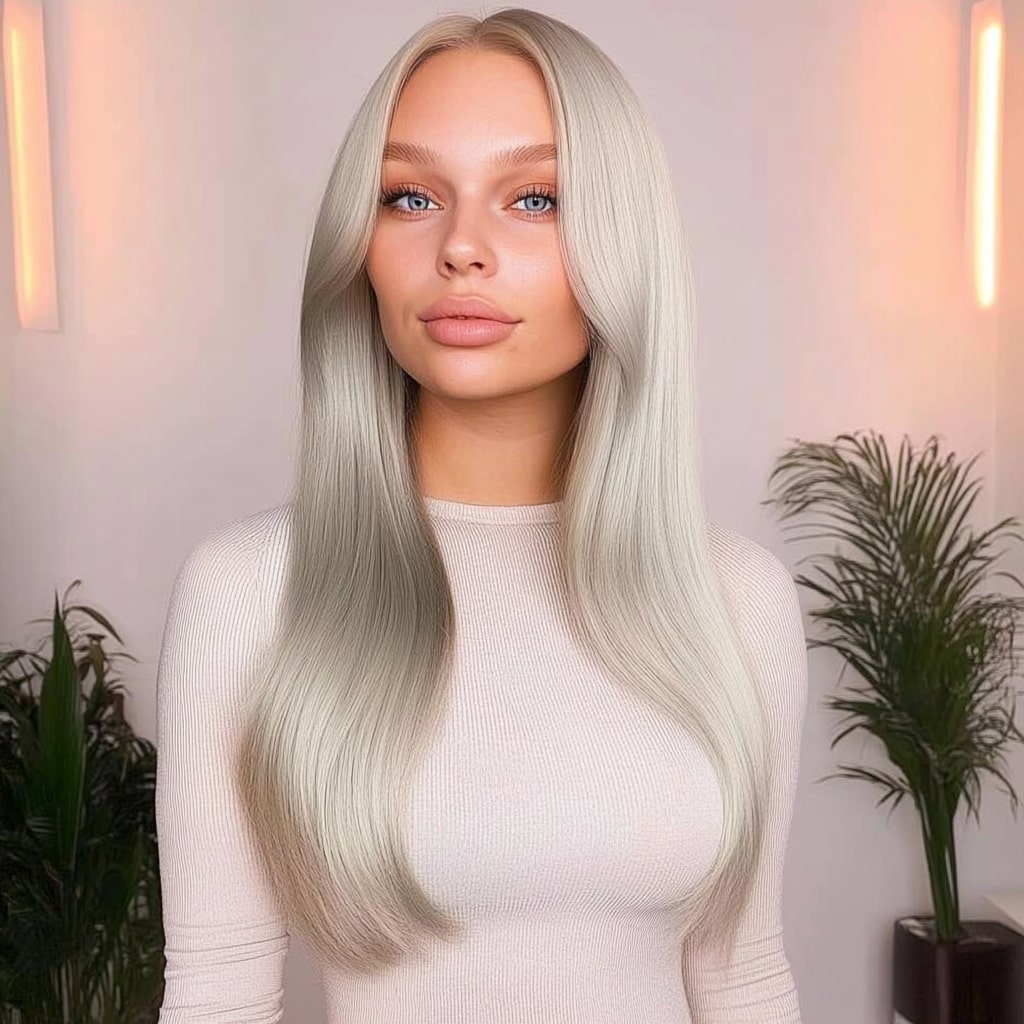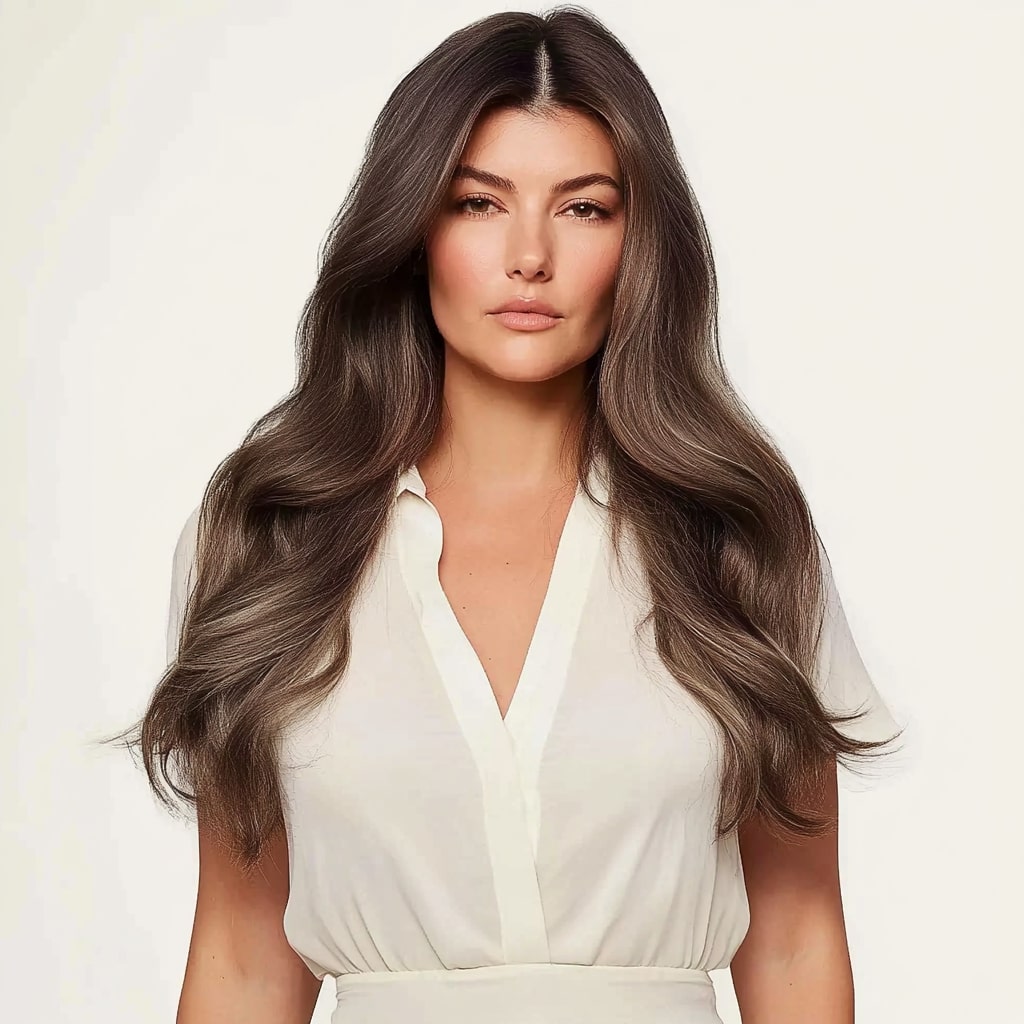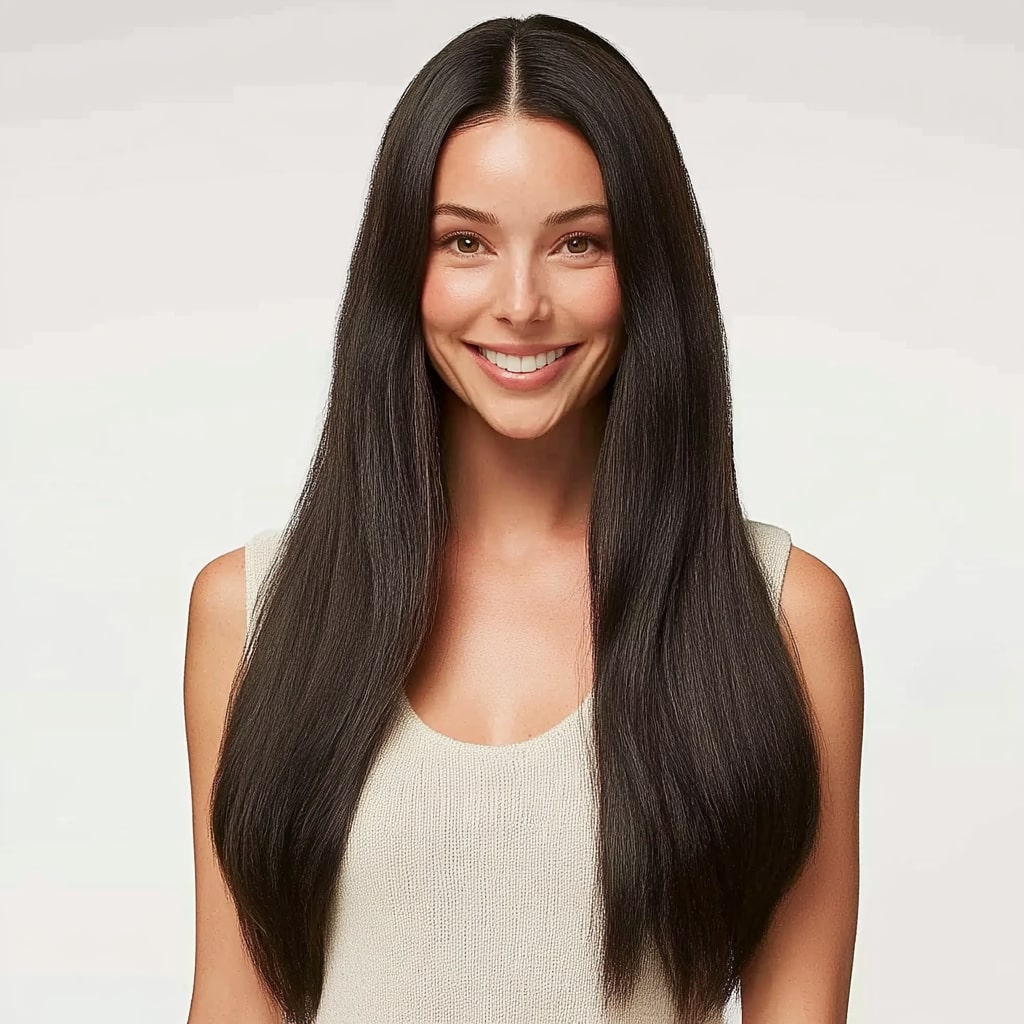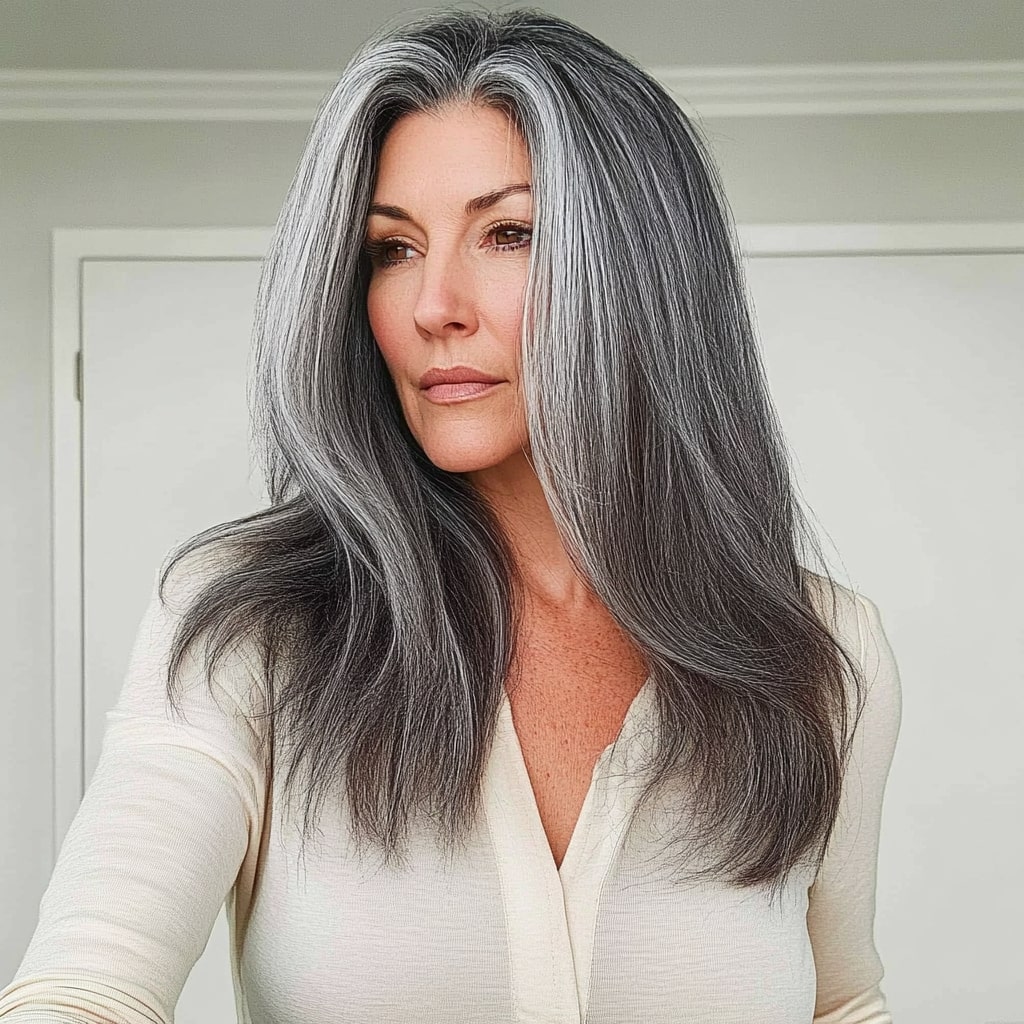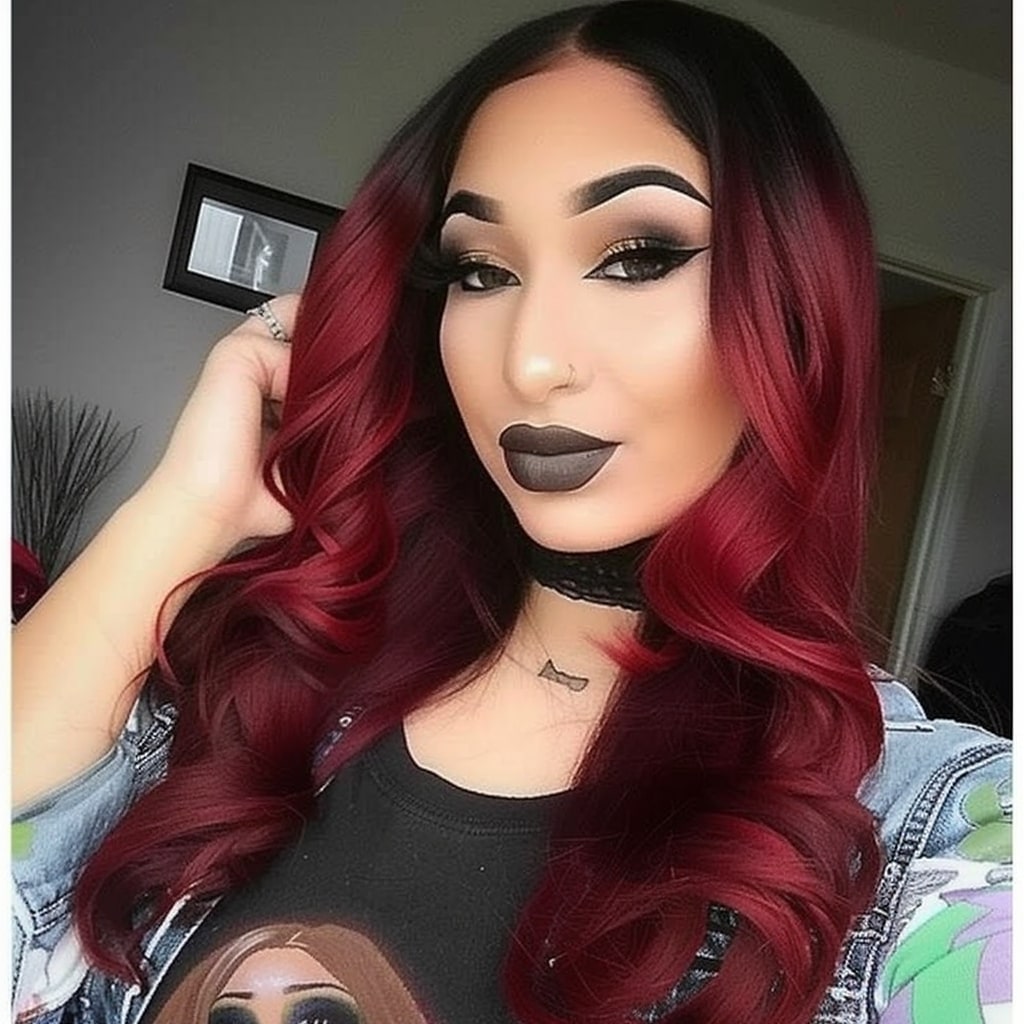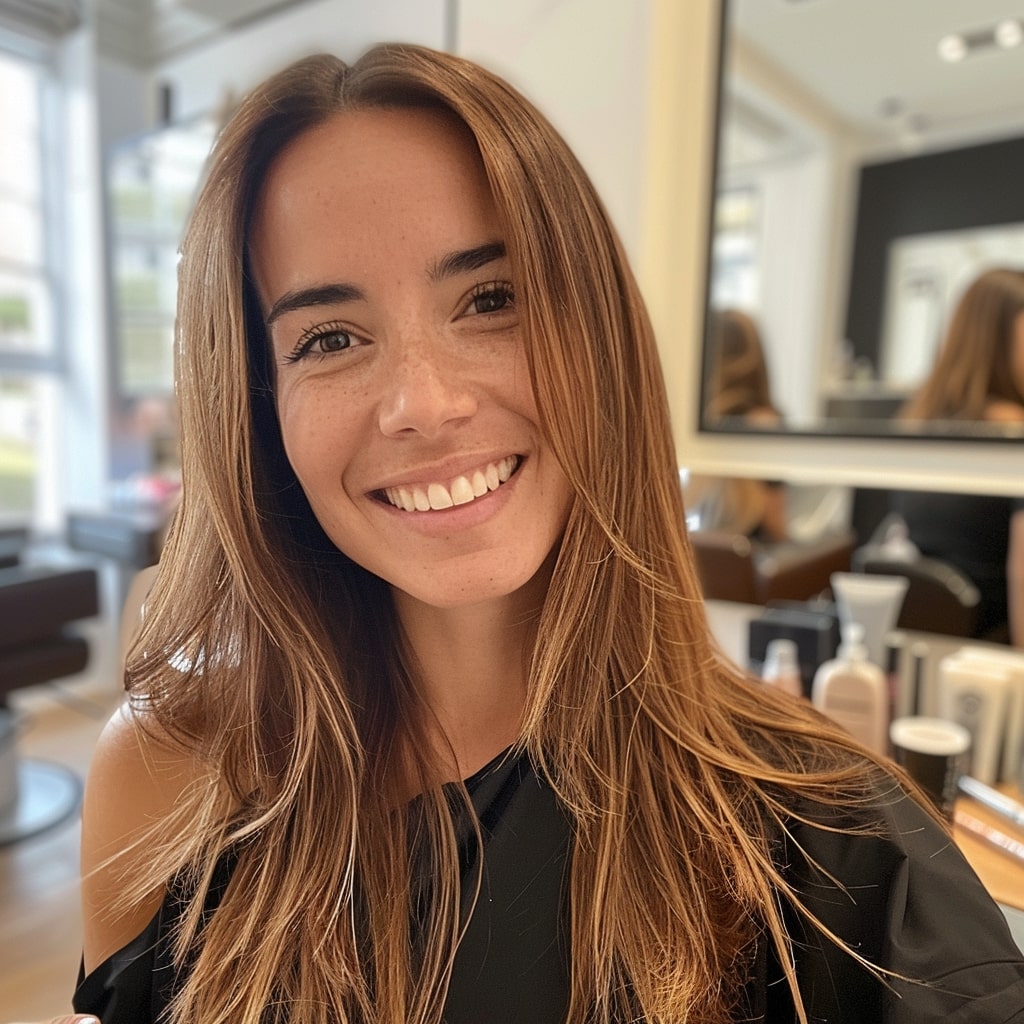Why Are My Hair Extensions Itchy? Common Causes & Effective Solutions

Hair extensions can be a great way to add length and volume to your natural hair, but they can also sometimes cause itchiness. This discomfort may be due to several factors. Improper aftercare, such as not brushing your hair correctly, can lead to your scalp producing excess oils that cause irritation.
Another common reason for itchy hair extensions is the adjustment period. New extensions can cause subtle rubbing on the sides of your head, leading to itchy areas around the fittings. It can take some time for your scalp to get used to the added weight and the presence of the extensions.
Additionally, the products you use on your hair can impact how comfortable your extensions feel. Using sulfate-free shampoos and conditioners helps maintain the natural oils in your scalp, preventing dryness and itchiness. Ensuring proper installation and regular maintenance can make a significant difference in preventing scalp irritation.
Key Takeaways
- Improper aftercare can lead to scalp irritation and itchiness.
- An adjustment period is common for new hair extensions.
- Using the right hair care products can prevent dryness and irritation.
Understanding Hair Extension Itchiness
Hair extensions can sometimes cause itching and discomfort. This itchiness often stems from various factors, including how the extensions are attached, the tension they create on the scalp, or potential allergic reactions to the materials used.
Identifying Common Causes of Itchiness
Often, itchiness can be linked to improper aftercare or fitting. When brushing is neglected, natural oils do not distribute evenly. This can cause dryness and irritation on the scalp. Extensions fitted too tightly can press on the scalp, leading to persistent itchiness and discomfort.
Sometimes, the itchiness comes from residue buildup. Sweat, dirt, and styling products can gather at the base of the extensions. Regularly cleaning and maintaining hair extensions is essential to prevent this kind of irritation.
Tension and Scalp Stress
Hair extensions can stress the scalp if not adjusted correctly. If the extensions are too heavy, they pull on the natural hair, causing tension and discomfort. This is more common in individuals with fine or thin hair.
The weight can cause the scalp to become tender and sometimes cause hair loss. Ensuring the extensions are not too heavy and are properly balanced helps mitigate this problem. Proper fitting and regular adjustments are crucial to maintaining comfort.
Allergic Reactions to Materials
Allergic reactions can also cause itching. Some individuals may react to the adhesives, tapes, or the hair materials themselves. Symptoms include redness, flaking, and a burning sensation on the scalp.
It's important to identify any allergies before choosing hair extensions. Opting for hypoallergenic materials and consulting with a professional can help prevent allergic reactions. If itchiness persists, removing the extensions and seeking medical advice is recommended.
Proper Hair Extension Care
Proper care of hair extensions is essential to prevent itching and ensure they remain in good condition. Key steps include washing techniques, selecting suitable hair care products, and regular aftercare and maintenance.
Washing and Shampooing Techniques
Washing hair extensions correctly is crucial. He or she should use a gentle shampoo, preferably sulfate-free. Sulfates can strip natural oils and cause dryness, leading to itching. He or she should wet their hair thoroughly and apply the shampoo to the roots, gently massaging with the fingertips.
Avoid hot water as it can damage the extensions. Rinse well, ensuring no residue is left. Conditioner should be used, focusing on the lengths and ends, to keep the extensions soft and manageable.
Tip: Use dry shampoo between washes to maintain freshness and reduce the need for frequent washing.
Selecting Suitable Hair Care Products
Choosing the right hair care products is key for maintaining hair extensions. He or she should opt for products that are designed for extensions or those that are gentle and natural. Sulfate-free shampoos and conditioners are ideal as they are less likely to cause irritation.
Products with alcohol should be avoided. Alcohol can dry out the extensions and scalp. He or she may select products with natural oils, like argan or coconut oil, which help keep the extensions nourished.
Additionally, using a leave-in conditioner can provide extra moisture and reduce frizz without weighing the hair down.
Aftercare and Maintenance
Regular maintenance of hair extensions ensures longevity and prevents itching. He or she should brush their hair daily using a wide-tooth comb or a brush designed for extensions. This helps in preventing tangles and distributing natural oils throughout the hair.
Sleeping with the hair in a loose braid or ponytail can reduce friction and tangling. Avoid heat styling tools or use them sparingly and with a heat protectant spray.
Routine check-ups with a hair professional for adjustments and tightening are beneficial. These steps will help in maintaining the health of both the scalp and the extensions.
Managing Scalp Health
Maintaining a healthy scalp is essential for preventing itchiness and discomfort caused by hair extensions. Effective strategies include addressing dry scalp issues, combating dandruff and buildup, and preventing scalp irritation and inflammation.
Addressing Dry Scalp Issues
A dry scalp can lead to itchiness and flaking. Regularly moisturizing your scalp helps to maintain its health. Using a lightweight, non-greasy oil like argan oil can nourish the scalp without leaving it feeling oily.
Avoid using harsh shampoos that can strip the scalp of its natural oils. Opt for gentle, hydrating shampoos and conditioners. Ensure you drink plenty of water daily and maintain a balanced diet rich in omega-3 fatty acids. This helps keep the scalp and hair hydrated.
Scalp massages can also improve blood circulation and promote the distribution of natural sebum. This helps prevent dryness and irritation. If the problem persists, consulting with a dermatologist for a targeted treatment plan is recommended.
Combating Dandruff and Buildup
Dandruff and product buildup can cause scalp itchiness and irritation. Regularly washing your hair with an anti-dandruff shampoo containing zinc pyrithione or ketoconazole can help manage dandruff. These ingredients are effective in reducing yeast that contribute to dandruff.
When using hair extensions, avoid applying heavy styling products directly to the scalp to prevent buildup. Tea tree oil shampoos can be beneficial due to their antifungal properties, which help reduce dandruff.
Thoroughly rinse out shampoos and conditioners to ensure no residues remain. Buildup can also be minimized by washing your extensions separately if possible. Regular exfoliation of the scalp using specialized scalp brushes can help in reducing buildup and promoting a healthy scalp.
Preventing Scalp Irritation and Inflammation
Hair extensions can sometimes cause scalp irritation and inflammation, especially if not applied correctly. Ensure that hair extensions are professionally installed to reduce tension on the scalp. Wearing hair extensions that are too tight can lead to traction alopecia, a condition caused by pulling on the hair.
Avoid metal beads if you have a metal allergy, as these can trigger allergic reactions. Consider using hypoallergenic materials for hair extensions.
Maintaining scalp hygiene by keeping both the scalp and extensions clean prevents infections and inflammation. If you experience persistent scalp irritation, discontinuing the use of extensions temporarily and seeking advice from a dermatologist is prudent. Applying soothing treatments like aloe vera gel can also help calm irritated skin.
Optimal Hair Extension Selection and Fitting
Picking the right hair extensions and ensuring they are properly fitted are crucial to avoid discomfort and itchiness.
Choosing the Right Type of Hair Extensions
Selecting the appropriate type of hair extensions is essential. Natural hair extensions, like human hair extensions, blend well and are less likely to cause irritation. Clip-ins are a great choice for ease of use and minimal scalp stress. Selecting hair extensions with high-quality materials like keratin and gentle adhesives can minimize negative reactions.
Consider the attachment method; gentler methods put less strain on your hair. Keratin-based bonds and tape-ins are often recommended over methods that use harsh chemicals or heavy-duty adhesives. Always ensure the extensions match your hair type and sensitivity level.
Professional Installation and Adjustment
Professional installation is key to avoiding irritation. A certified hair extensions salon will use precise techniques to ensure the extensions are fitted correctly. Tight or improperly placed extensions can cause significant discomfort and itching. Skilled stylists will adjust the extensions to fit comfortably without pulling on the scalp.
Regular maintenance is also essential. Periodic adjustments help the extensions remain secure and comfortable. If any irritation occurs, a professional can easily fix it. They can also advise on the best aftercare practices to keep both the extensions and your natural hair healthy and irritation-free.
Lifestyle Considerations and Additional Tips
Managing hair extensions involves not just proper care, but also lifestyle adjustments. Paying attention to how exercise, sweat, and sensitivity affect your extensions can make a big difference in comfort.
Exercise and Sweat Management
Exercising frequently can lead to excessive sweating, which might cause itchiness and discomfort with hair extensions. Sweat can mix with dirt and oils, clogging the hair follicles and causing irritation on the scalp. To reduce this, it's important to wash your hair regularly with a gentle, sulphate-free shampoo and keep your scalp clean.
Wearing a headband during workouts can help keep sweat away from your hair extensions. After exercising, rinse your hair with cool water to remove sweat and salt, which can build up and cause itching.
Dealing With Sensitivity and Stress
Individuals with sensitive skin or a sensitive scalp might experience itchiness when they have hair extensions. Using products designed for sensitive skin can help reduce irritation. Stress can also affect how your scalp reacts to extensions. High stress levels may lead to scalp conditions like seborrheic dermatitis, making itchiness worse.
Scalp massages can help improve blood circulation and reduce stress. Using light, natural oils such as jojoba or coconut during the massage can moisturize and soothe the scalp, minimizing itching. If sensitivity persists, consulting a dermatologist or a hair specialist is recommended.
Frequently Asked Questions

Hair extensions can cause itchiness due to several factors, including poor aftercare, allergic reactions, or tight fittings. Understanding these issues can help in finding the best solutions for relief.
How can I alleviate itchiness from hair extensions?
To reduce itchiness, maintain regular scalp hygiene and ensure proper aftercare. Brushing your hair gently helps in distributing natural oils. Using a lightweight, hydrating scalp treatment can also soothe irritation.
What could be causing my hair extensions to be itchy at night?
Itchiness at night is often linked to tight fittings. Extensions put in too tightly can rub against the scalp and cause discomfort. Additionally, friction from pillowcases can exacerbate the issue. Using a silk pillowcase can help reduce friction and irritation.
What are the reasons for itchiness after washing my hair extensions?
Post-wash itchiness could be due to residue from shampoos or conditioners. Certain products can leave a film on the scalp, leading to irritation. Ensure thorough rinsing to remove all product traces.
Which shampoo is recommended for itchy hair extensions?
Using a sulfate-free, gentle shampoo can help prevent itchiness. Look for products specifically designed for sensitive scalps. Ingredients like tea tree oil or aloe vera can be soothing and reduce irritation.
How often is it recommended to wash hair extensions?
It's best to wash hair extensions about once a week. Over-washing can strip natural oils from the scalp, leading to dryness and increased itchiness. However, under-washing can also cause build-up and discomfort.
What are the common solutions for itchiness due to sew-in hair extensions?
Ensuring proper installation is key. Extensions shouldn't be too tight. Using a lightweight scalp oil or treatment can provide moisture and reduce irritation. Regular maintenance and professional check-ups can also help.

 My Store Credit
My Store Credit
 Buy Again
Buy Again
